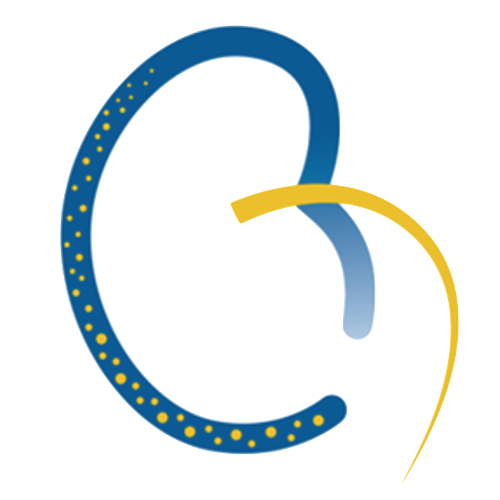2022-2023 Curriculum
Intro to Hemodialysis & Extracorporeal Therapies
The history of veterinary and human dialysis will be discussed to show how we’ve arrived at our current technologies. Principles of solute transport, urea kinetics, and rationale for extracorporeal blood purification will be demonstrated.
Conventional Management of Kidney Disease
Most patients with kidney disease do not require extracorporeal management. However, there are numerous dogmatic habits employed in the management of kidney disease that can lead to complications. A review of the pathophysiology of kidney disease as well as the evidence-based management practices.
Indications for Extracorporeal Therapies
Uremia, toxicities, immune-mediated diseases, cell collection, immunomodulation- there are so many indications for extracorporeal therapies. Each modality will be discussed to allow the student to best select the platform to give the desired treatment effect.
Vascular Access & Anticoagulation
Treatment cannot be performed without some type of vascular access. The methods of percutaneous catheter placement will be taught with particular attention to the specific needs of dialysis catheters. Acute and chronic catheters as well as surgical placement and fluorscopic guidance will be demonstrated. Systemic and regional anticoagulation strategies will be shown.
Prescription of Intermittent Hemodialysis
Creating a prescription, reviewing complications, and ensuring patient safety during IHD treatments will all be reviewed.
Intermittent Hemodialysis Systems & Machines
IHD theory, methodology, and delivery will be discussed with a review of the available machines that can provide these treatments.
CRRT Machines and Prescription
CVVH, CVVHD, CVVHDF, SCUF, SLED, PIRRT- we review it all here! Creating CRRT prescriptions, implementing them on the available machines, and monitoring patient safety will be reviewed.
Urea Kinetics & Dialysis Adequacy
All partitioners of dialysis need a thorough understanding of urea kinetics and the ability to quantify the prescribed dose of dialysis. Here we revisit solute kinetics with a deeper review of urea generation, distribution, and elimination and how extracorporeal therapies may reduce uremic solute accumulation.
Hemoperfusion
Large solutes or those with substantial protein binding are difficult to remove across a hollow fiber membrane. Hemoperfusion relies on a substance’s adsorptive capacity to eliminate toxins, immune molecules, and some uremic toxins. The indications, prescription, and delivery of hemoperfusion will be taught.
Therapeutic Apheresis
Therapeutic plasma exchange is becoming a more popular adjunct treatment in the management of many immune-mediated diseases and some toxicities are best treated via TPE. Both centrifugal and membrane based TPE will be reviewed- theory of solute removal, prescription writing, and safe treatments will be taught.
Special Topics
Peritoneal dialysis, management of AKI and PLN, water purification for IHD, creating a business plan for your ERRT service, and more will be discussed.
All classes are held virtually, using the GoToTraining web platform. Sessions are recorded and archived. Students have access to the records to view at their own time and pace. We encourage live attendance at all sessions, but recognize that it may not be possible with time zone differences and work/life schedules. Sessions are held at 5pm Eastern US time on Mondays and Wednesdays. Fridays are a rounds/discussion day. Meetings on Fridays alternate between 5pm and 11am (Eastern US time). The 11am time slot coincides with the biweekly International Renal Replacement Rounds, where veterinarians from around the world gather virtually to discuss their cases.
· Module #1 Introduction to Hemodialysis and Extracorporeal Therapies (18 sessions)
· Module #2 Conventional Management of Kidney Disease (12 sessions)
· Module #3 Indications for Extracorporeal Therapies and Case Examples (13 sessions)
· Module #4 Intermittent Hemodialysis Systems and Machines (14 sessions)
· Module #5 Vascular Access and Anticoagulation (12 sessions)
· Module #6 Prescription of Intermittent Hemodialysis (24 sessions)
· Module #7 Continuous Renal Replacement Therapy (CRRT) Platforms (12 sessions)
· Module #8 Quality Assurance, Adequacy, and Urea Kinetics for Hemodialysis (13 sessions)
· Module #9 Therapeutic Apheresis (Hemoadsorption, Plasma Exchange, Leukopheresis) (24 sessions)
· Module #10 Peritoneal Dialysis (8 sessions)
· Module #11 Special Extracorporeal Topics (water management, technical support, extracorporeal database, designing an extracorporeal program) (10 sessions)
